And If Only Medicine Was Advanced As STAR TREK
40 could be the new 30 as scientists redefine age
By Patricia Reaney/Reuters June 8, 2005
Is 40 really the new 30?
Everyone is getting older but in many ways people today act younger than their parents did at the same age.
Scientists have defined a new age concept and believe it could explain why populations are ageing, but at the same time seem to be getting younger.
Instead of measuring ageing by how long people have lived so far, the scientists have factored in how many more years people can still look forward to.
"Using that measure, the average person can get younger in the sense that he or she can have even more years to live as time goes on," said Warren Sanderson, of the University of New York in Stony Brook.
He and Sergei Scherbov, of the Vienna Institute of Demography at the Austrian Academy of Sciences, have used their method to estimate how the proportion of elderly people in Germany, Japan and the United States will change in the future.
The average German was 39.9 years old in 2000 and could plan to live for another 39.2 years, according to research reported in the science journal Nature on Wednesday.
However, by 2050 the average German would be 51.9 years old and could expect another 37.1 years of life. So middle age in 2050 would come around 52 instead of 40 as in 2000.
"As people have more and more years to live they have to save more and plan more and they effectively are behaving as if they were younger," said Sanderson.
Five years ago, the average American was 35.3 years old and could plan for 43.5 more years of life. By 2050, the researchers estimate it would increase to 41.7 years and 45.8 future years.
"A lot of our skills, our education, our savings and the way we deal with our health care depend a great deal on how many years we have to live," said Sanderson.
"This dimension of how many years we have to live has been completely ignored in the discussion of ageing so far."
Even that all seems "quaint" compared to the fictional (hopeful) 24th century of Star Trek-
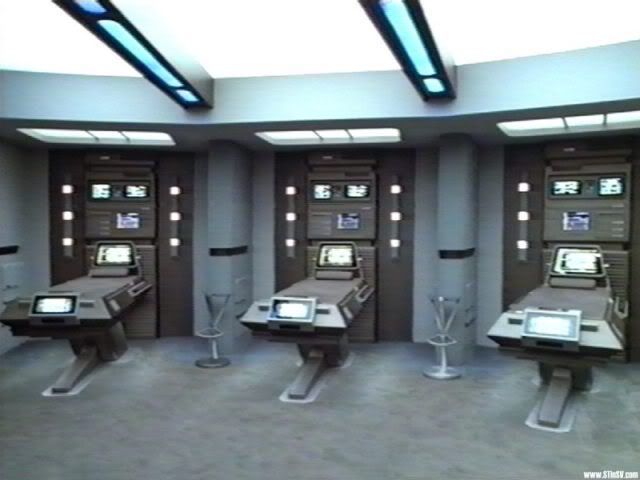
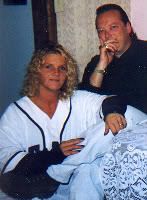
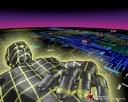



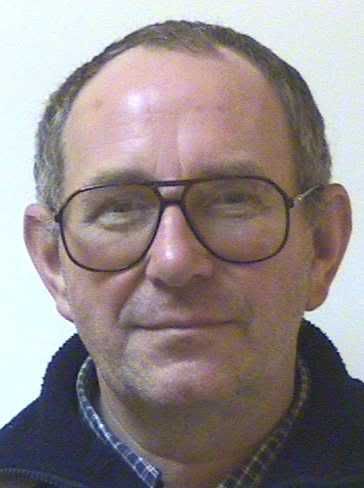
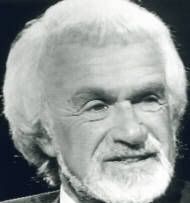

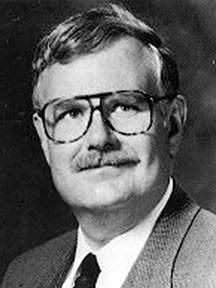
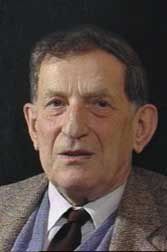
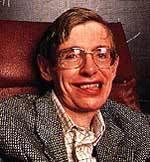

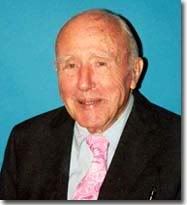
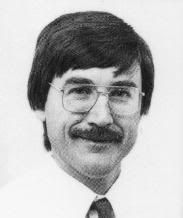



<< Home